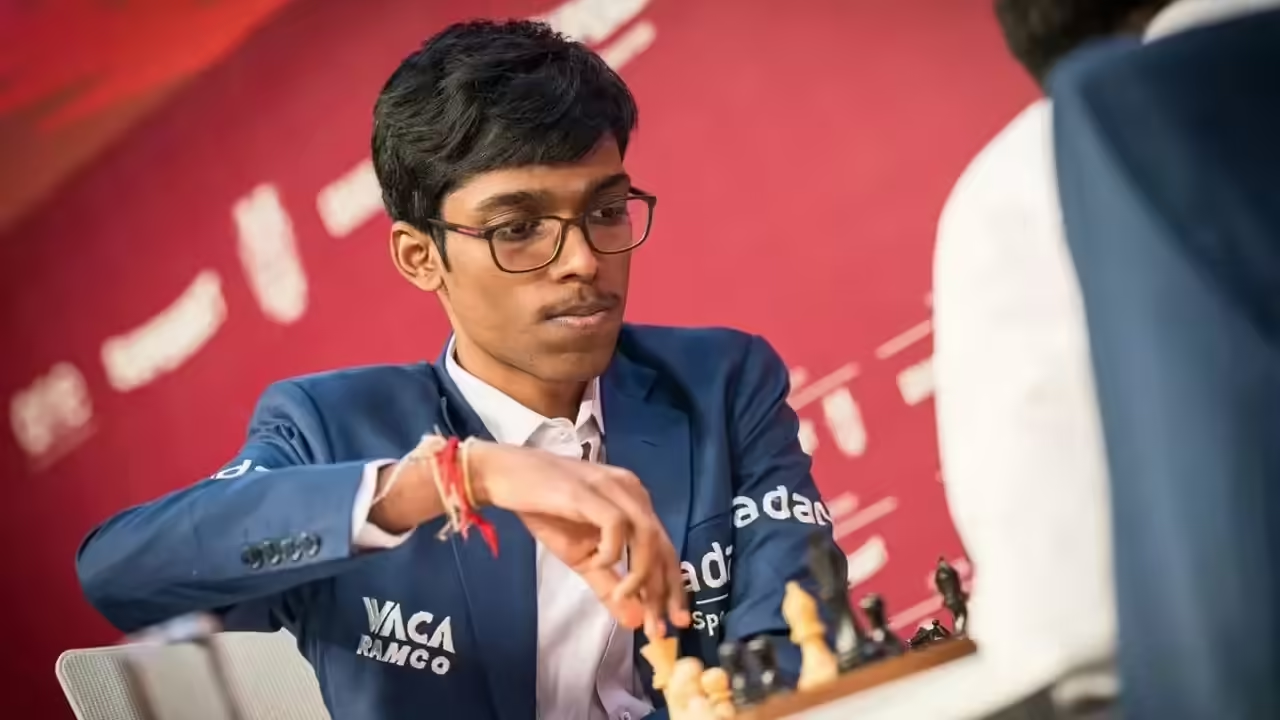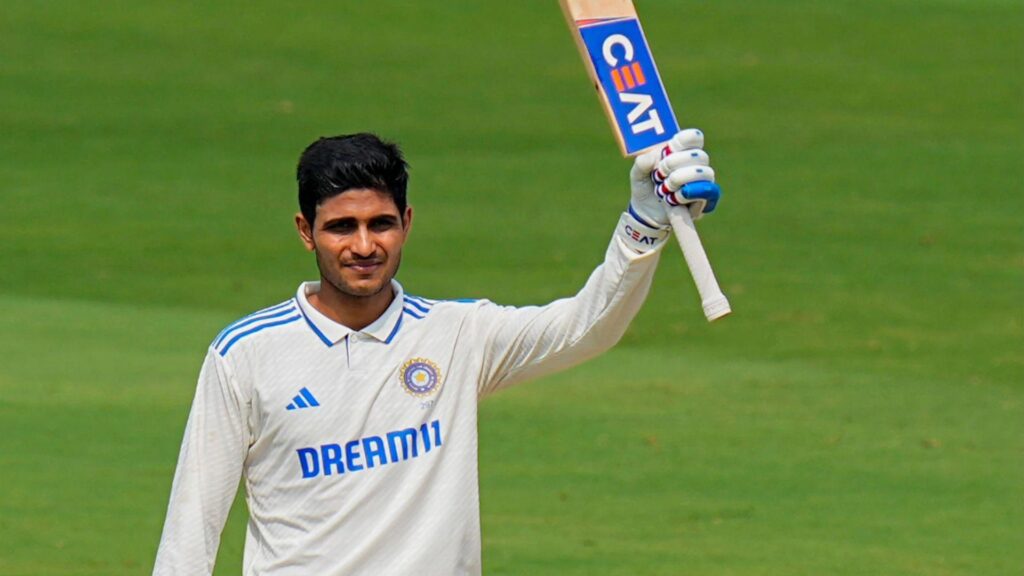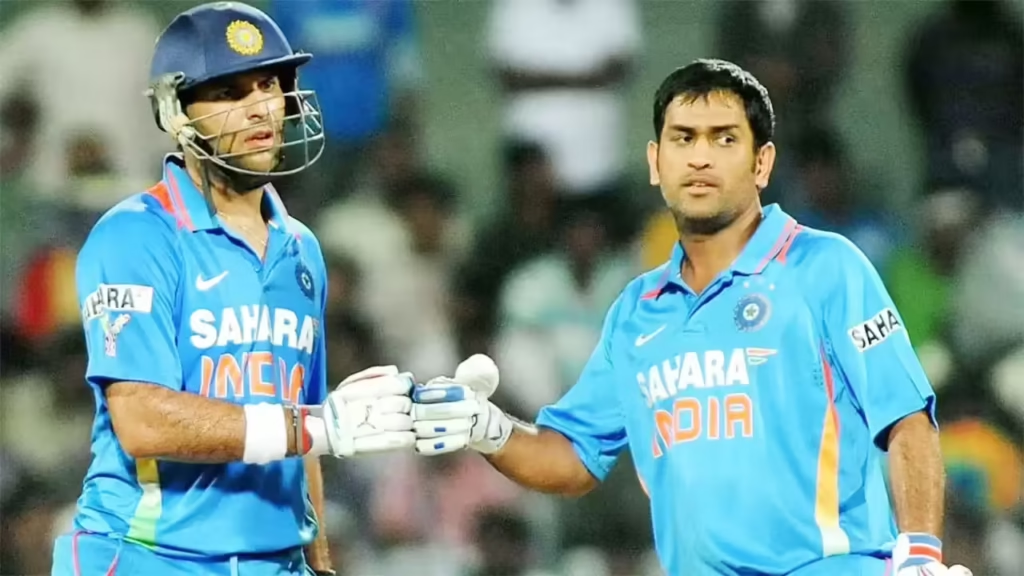Now Reading: India’s Top Chess Player R Praggnanandhaa Admits: “Classical Format Is Mentally Draining”
-
01
India’s Top Chess Player R Praggnanandhaa Admits: “Classical Format Is Mentally Draining”
India’s Top Chess Player R Praggnanandhaa Admits: “Classical Format Is Mentally Draining”

India’s No. 1 chess player R Praggnanandhaa has opened up about the challenges of playing classical chess, calling it mentally exhausting. The 18-year-old grandmaster, who has rapidly climbed the global rankings, shared that the longer format demands intense focus and consistency—something even top players find hard to maintain in today’s fast-paced competitive environment.
The Challenge of Classical Chess
Praggnanandhaa, known for his calm temperament and sharp thinking, admitted that playing classical chess is far more demanding than rapid or blitz formats. The longer time controls, slow-paced nature, and need for deep calculation make classical games mentally draining over the course of a tournament.
He said that maintaining focus for hours at a stretch, often across multiple days, becomes difficult—especially when faced with top-level competition regularly.
Rise of Faster Formats
In recent years, chess has seen a visible shift in popularity from classical to rapid and blitz formats. With younger audiences and digital streaming becoming central to the sport, faster games are gaining more traction. Praggnanandhaa acknowledged this shift and noted that while shorter formats are exciting, classical chess still remains the ultimate test of a player’s ability.
His honesty has brought attention to the growing pressure on young chess players who are expected to excel across all formats without sufficient rest or mental recovery.
Balancing Performance and Wellbeing
The admission by India’s top-ranked player reflects a broader concern—how demanding the chess calendar has become. With back-to-back tournaments, travel, and media attention, players often struggle to find time for rest and mental reset. Praggnanandhaa’s comments show maturity and awareness, highlighting the need to prioritise mental health along with performance.
His views also shed light on the pressure young talents face in India, especially in Tier 2 cities where players often have to work twice as hard to access training, infrastructure, and exposure.
India’s Brightest Chess Star
Despite the challenges, Praggnanandhaa continues to make India proud on the international stage. His achievements at such a young age have inspired many across the country, especially in smaller towns where chess is growing rapidly through academies and online platforms. His honesty about the sport’s mental demands may help pave the way for a more open conversation around athlete wellbeing.
Conclusion
Praggnanandhaa’s reflection on the mental toll of classical chess is a reminder that even champions need space to breathe. As India continues to produce world-class chess players, the focus must also shift toward sustainable competition, proper mental health support, and balanced schedules. In a sport where every move counts, so does the mind behind it.

























